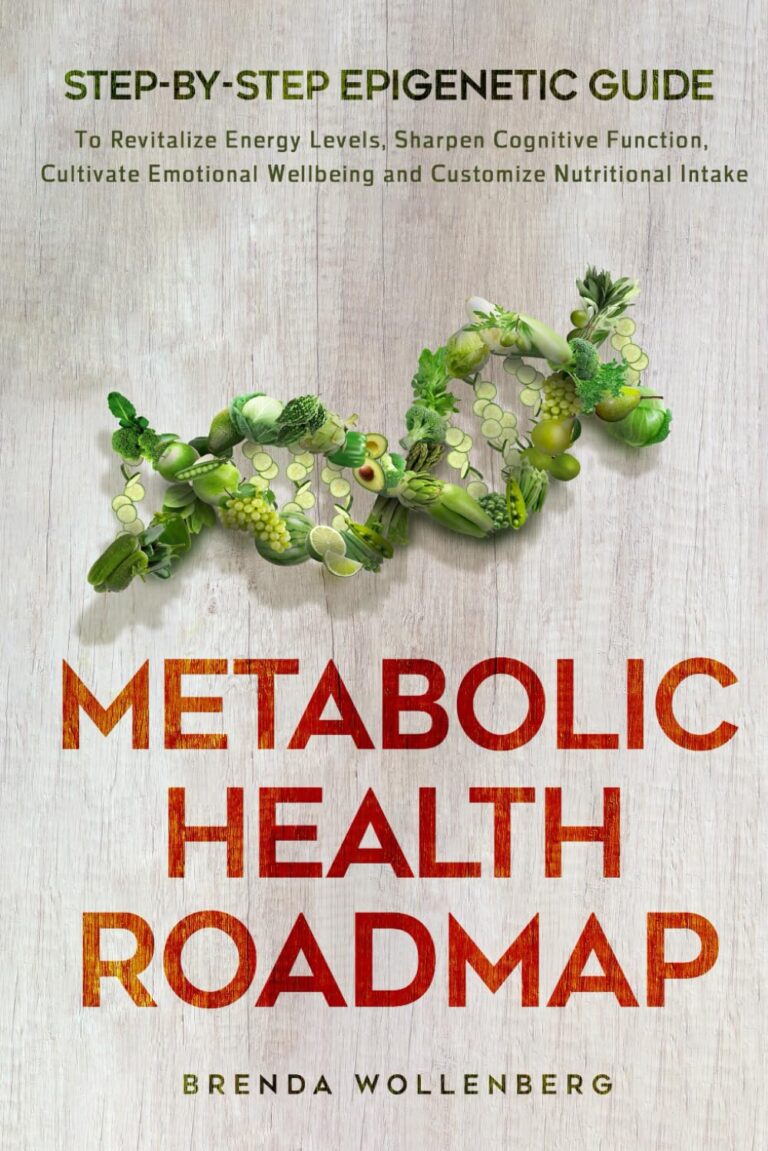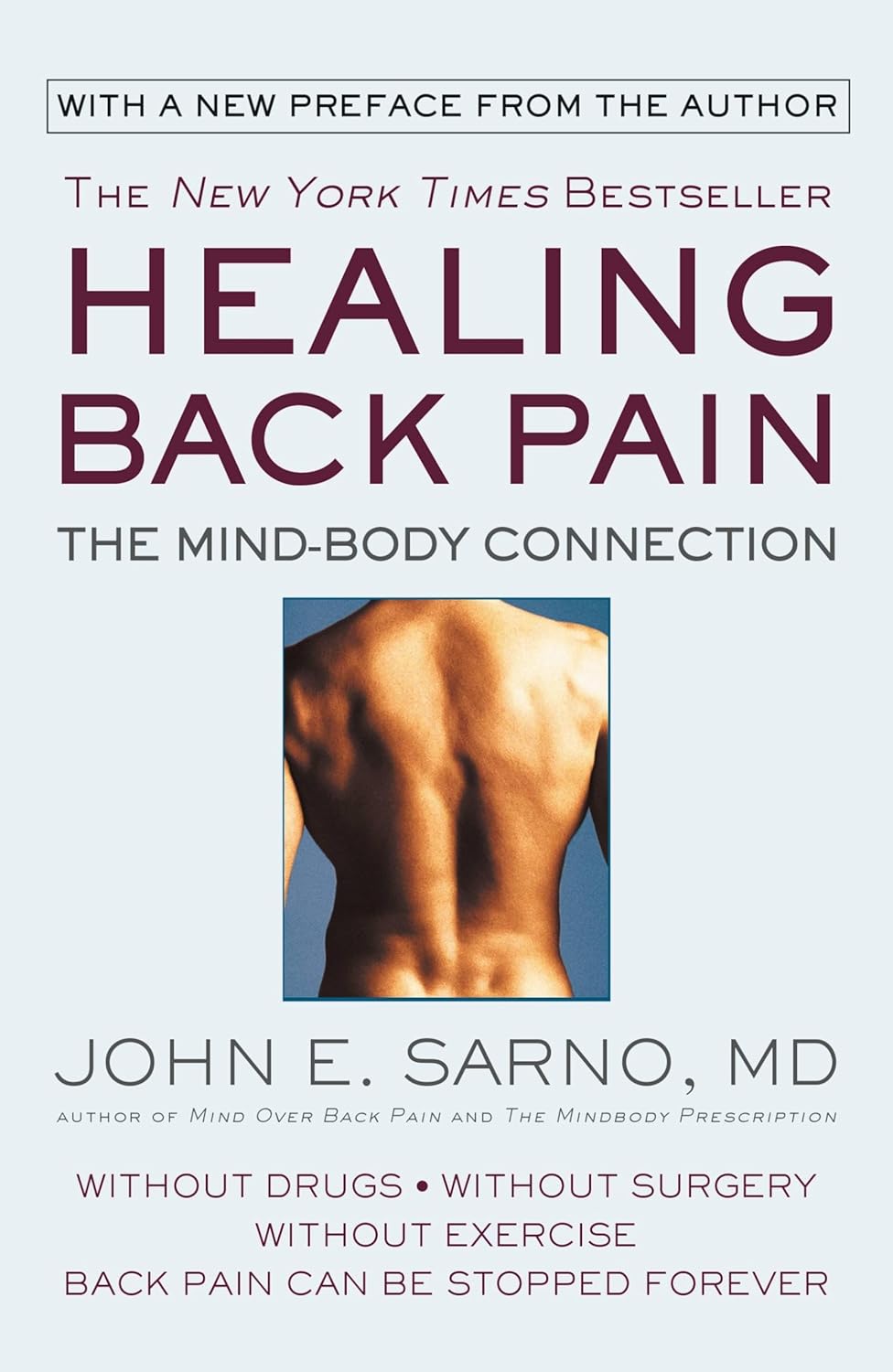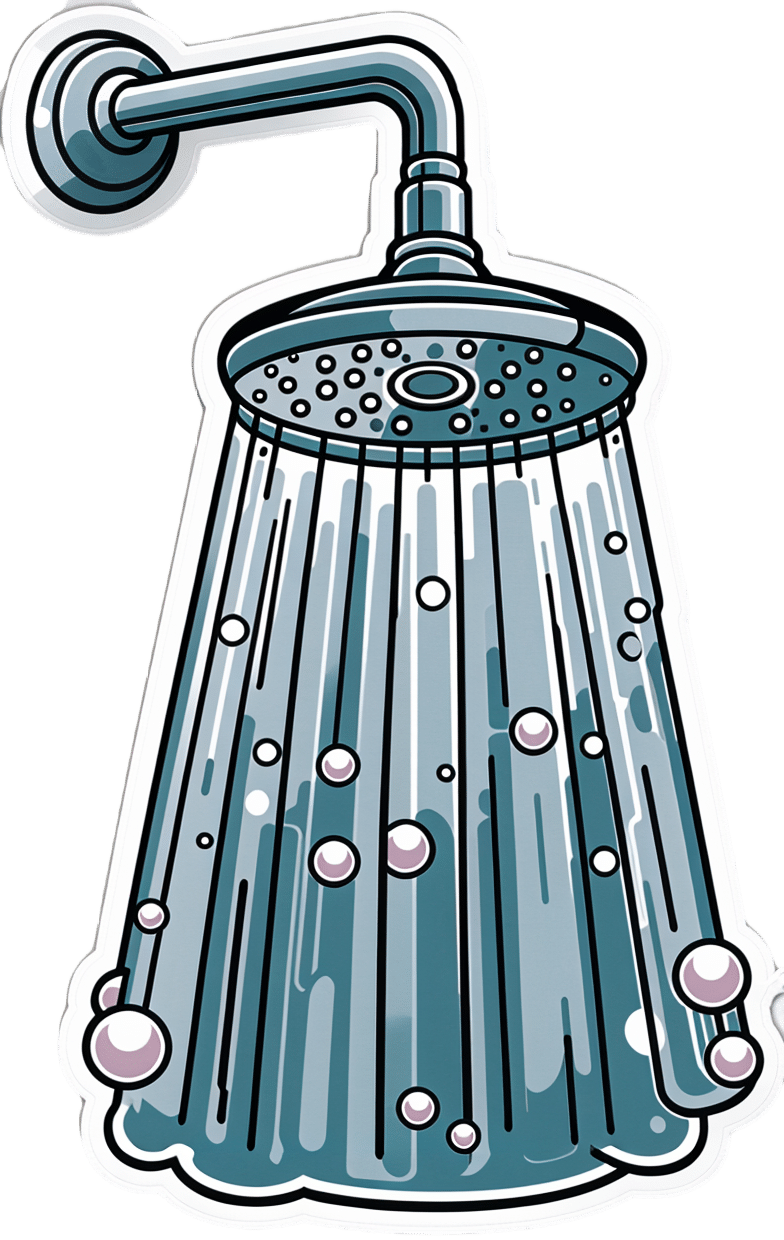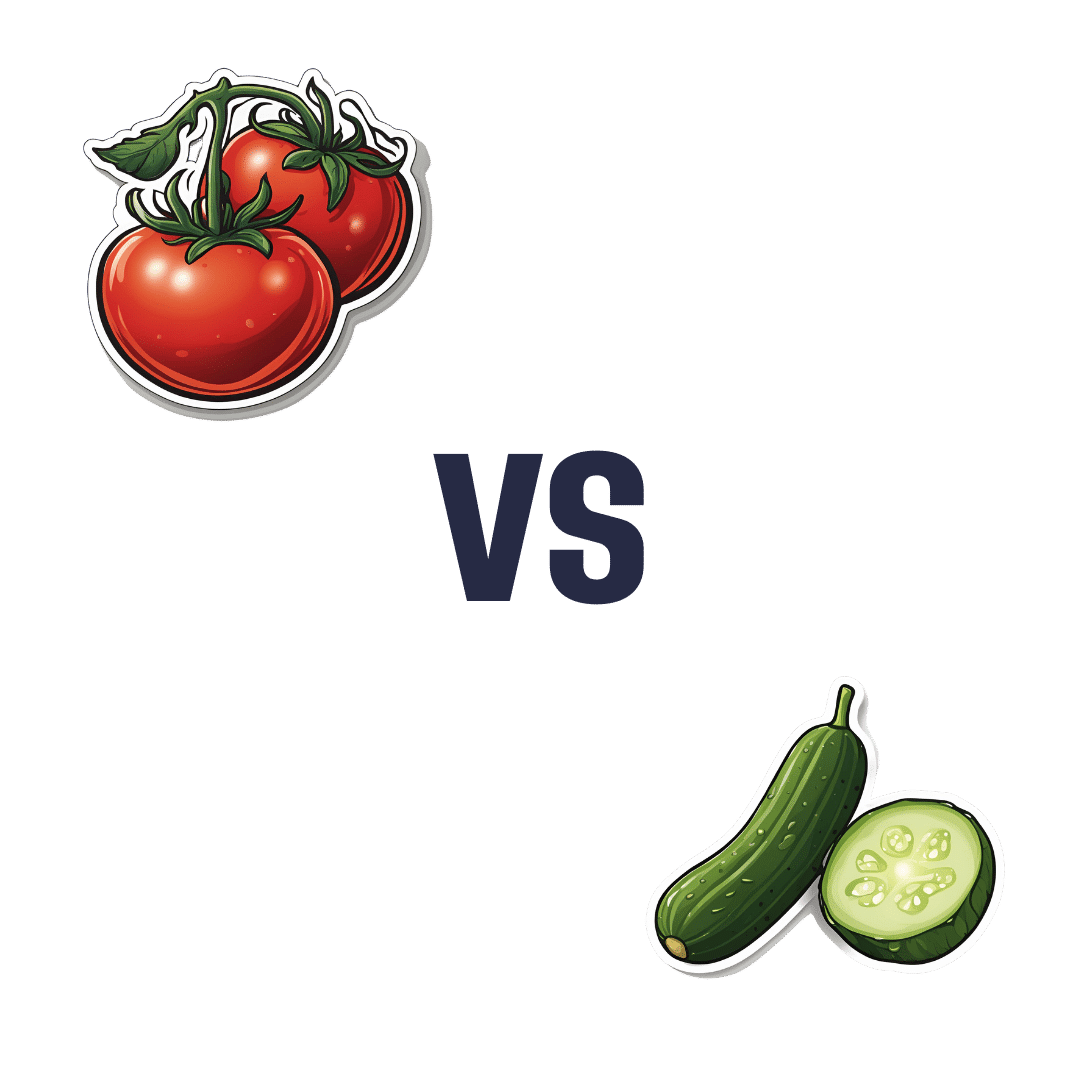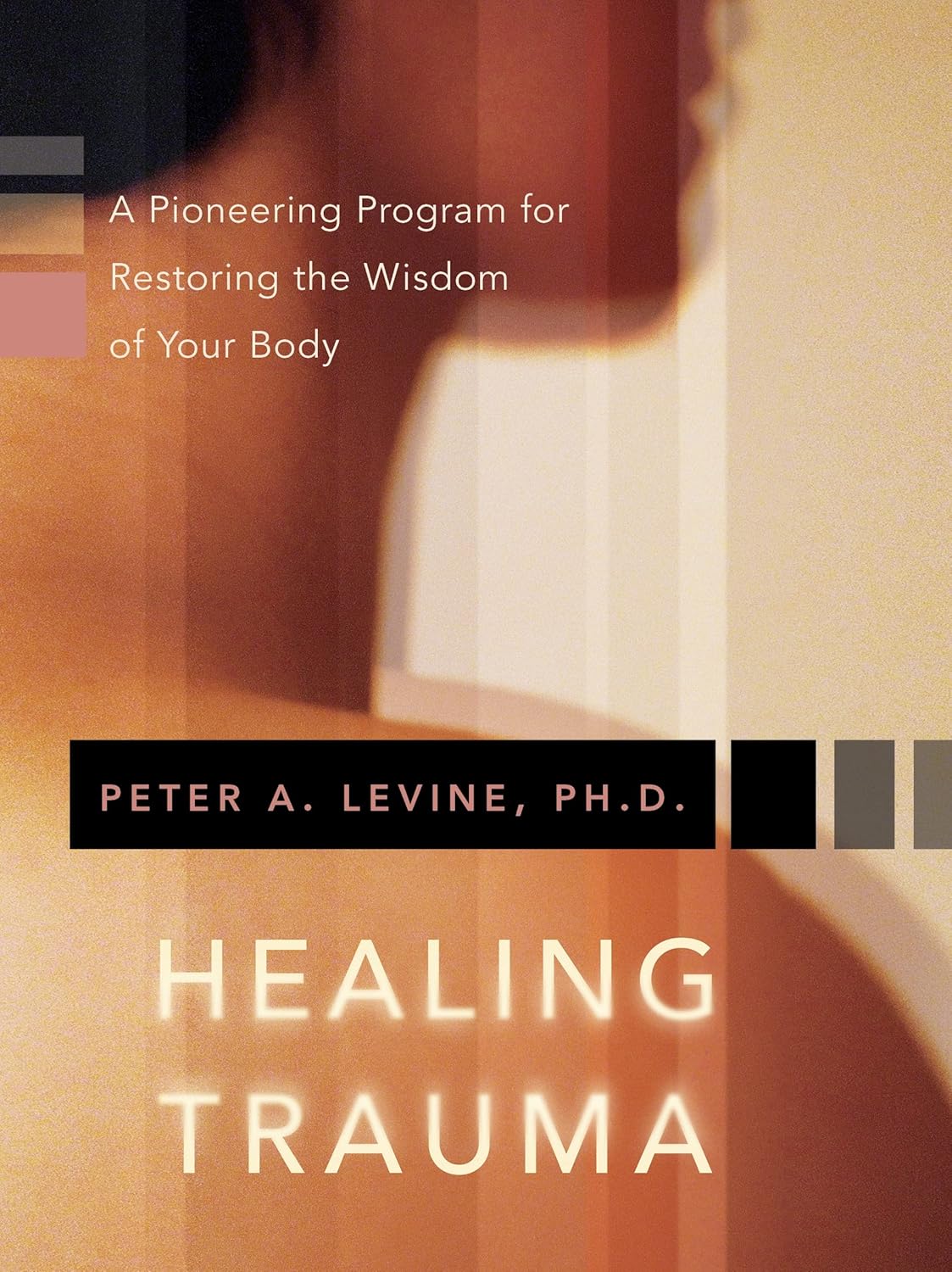
Healing Trauma – by Dr. Peter Levine
10almonds is reader-supported. We may, at no cost to you, receive a portion of sales if you purchase a product through a link in this article.
Dr. Levine’s better-selling book about trauma, Waking The Tiger, laid the foundations for this one, but the reason we’re skipping straight into Healing Trauma, is that while the former book is more about the ideas that led him to what he currently believes is the best approach to healing trauma, this book is the one that explains how to actually do it.
The core thesis is that trauma is a natural, transient response, and is not inherently pathological, but that it can become so if not allowed to do its thing.
This book outlines exercises, trademarked as “somatic experiencing”, which allow the body to go through the physiological processes it needs to, to facilitate healing. If you buy the physical book, there is also an audio CD, which this reviewer has not listened to and cannot comment on, but the exercises are clearly described in the book in any case.
The physical aspects of the exercises are similar to the principles of progressive relaxation, while the mental aspects of the exercises are about re-experiencing trauma in a safer fashion, in small doses.
Any kind of dealing with trauma is not going to be comfortable, so this book is not an enjoyable read.
As for how useful the exercises are, your mileage may vary. Like many books about trauma, the expectation is that once upon a time you were in a situation that was unsafe, and now you are safe. If that describes your trauma, you will get the most out of this. However, if your trauma is unrelated to your personal safety, or if it is about your personal safety but the threat still remains extant, then a lot of this may not help and may even make things worse.
In terms of discussing sexual trauma specifically, it was probably not a good choice to favorably quote Woody Allen, and little things like that may be quite jarring for a lot of readers.
Bottom line: if your trauma is PTSD of the kind “you faced an existential threat and now it is gone”, then chances are that this book can help you a lot. If your trauma is different, then your mileage may vary widely on this one.
Click here to check out Healing Trauma, if it seems right for you!
Don’t Forget…
Did you arrive here from our newsletter? Don’t forget to return to the email to continue learning!
Recommended
Learn to Age Gracefully
Join the 98k+ American women taking control of their health & aging with our 100% free (and fun!) daily emails:
-
Soap vs Sanitizer – Which is Healthier?
10almonds is reader-supported. We may, at no cost to you, receive a portion of sales if you purchase a product through a link in this article.
Our Verdict
When comparing soap to sanitizer, we picked the soap.
Why?
Both are good at killing bacteria / inactivating viruses, but there are several things that set them apart:
- Soap doesn’t just kill them; it slides them off and away down the drain. That means that any it failed to kill are also off and down the drain, not still on your hands. This is assuming good handwashing technique, of course!
- Sanitizer gel kills them, but can take up to 4 minutes of contact to do so. Given that people find 20 seconds of handwashing laborious, 240 seconds of sanitizer gel use seems too much to hope for.
Both can be dehydrating for the hands; both can have ingredients added to try to mitigate that.
We recommend a good (separate) moisturizer in either case, but the point is, the dehydration factor doesn’t swing it far either way.
So, we’ll go with the one that gets rid of the germs the most quickly: the soap
10almonds tip: splash out on the extra-nice hand-soaps for your home—this will make you and others more likely to wash your hands more often! Sometimes, making something a more pleasant experience makes all the difference.
Want to know more?
Check out:
Take care!
Share This Post
-
Healing Back Pain – by Dr. John Sarno
10almonds is reader-supported. We may, at no cost to you, receive a portion of sales if you purchase a product through a link in this article.
Often when we review books with titles like this one, we preface it with a “what it’s not: a think-yourself-better book”.
In this case… It is, in fact, a think-yourself-better book. However, its many essay-length rave reviews caught our attention, and upon reading, we can report: its ideas are worth reading.
The focus of this book is on TMS, or “Tension Myoneural Syndrome”, to give it its full name. The author asserts (we cannot comment on the accuracy) that many cases of TMS are misdiagnosed as other things, from sciatica to lupus. When other treatments fail, or are simply not available (no cure for lupus yet, for example) or are unenticing (risky surgeries, for example), he offers an alternative approach.
Dr. Sarno lays out the case for TMS being internally fixable, since our muscles and nerves are all at the command of our brain. Rather than taking a physical-first approach, he takes a psychological-first approach, before building into a more holistic model.
The writing style is… A little dated and salesey and unnecessarily padded, to be honest, but the content makes it worthwhile.
Bottom line: if you have back pain, then the advice of this book, priced not much more than a box of top brand painkillers, seems a very reasonable thing to try.
Click here to check out Healing Back Pain, and see if it works for you!
Share This Post
-
How To Actually Start A Healthy Lifestyle In The New Year
10almonds is reader-supported. We may, at no cost to you, receive a portion of sales if you purchase a product through a link in this article.
Dr. Faye Bate cuts through the trends to give advice that’ll last past January the 2nd:
What actually works
…and is actually easy to implement:
Avoid an All-or-Nothing Mindset
- Strict, perfectionist approaches often lead to failure and guilt.
- Small, balanced efforts can be imperfect without being failures!
- Sustainable habits should integrate seamlessly into daily life..
Focus on Unprocessed vs. Processed Foods
- Don’t worry overly about calorie counts unless you have a very specific medical reason to do so.
- Prioritize minimally processed, nutrient-dense foods over highly processed, empty-calorie-dense options.
- Moderation is key—processed foods don’t need to be eliminated entirely; taking things down by just one tier of processing is already an improvement.
Choose Enjoyable Exercise
- The best exercise is one you enjoy and can maintain long-term. If something’s not enjoyable, you’ll soon give it up.
- Trends in fitness shouldn’t dictate your routine—do what works for you.
- Same goes for “body goals”—fashions come and go, while you’re still going to have more or less the same basic body, so work with it rather than against it.
Prioritize Convenience
- Convenience plays a critical role in maintaining healthy habits, for similar reasons to the enjoyment (very few people enjoy inconvenience)
- Example from Dr. Bate: switching to a closer gym led to consistent workouts despite a busy schedule.
- Apply the same principle to food: plan ahead and stock convenient, healthy options (e.g. frozen vegetables etc).
Keep It Simple
- Do follow basic health advice: drink water, eat fruits and vegetables, move your body, and see a doctor if needed.
- Avoid being swayed by sensationalized health trends and headlines designed to sell products—if you want it for a good while first, then maybe you’ll actually use it more than twice.
- Stick to evidence-based, straightforward habits for long-term health. And check the evidence for yourself! Do not just believe claims!
In short: you will more likely tend to do things that are enjoyable and not too difficult. Start there and work up, keeping things simple along the way. It doesn’t matter if it’s not how everyone else does it; if it works for you, it works for you!
For more on all of these, enjoy:
Click Here If The Embedded Video Doesn’t Load Automatically!
Want to learn more?
You might also like to read:
The Science Of New Year’s Pre-Resolutions
Take care!
Share This Post
Related Posts
-
Black Coffee vs Orange Juice – Which is Healthier?
10almonds is reader-supported. We may, at no cost to you, receive a portion of sales if you purchase a product through a link in this article.
Our Verdict
When comparing black coffee to orange juice, we picked the coffee.
Why?
While this one isn’t a very like-for-like choice, it’s a choice often made, so it bears examining.
In favor of the orange juice, it has vitamins A and C and the mineral potassium, while the coffee contains no vitamins or minerals beyond trace amounts.
However, to offset that: drinking juice is one of the worst ways to consume sugar; the fruit has not only been stripped of its fiber, but also is in its most readily absorbable state (liquid), meaning that this is going to cause a blood sugar spike, which if done often can lead to insulin resistance, type 2 diabetes, non-alcoholic fatty liver disease, and more. Now, the occasional glass of orange juice (and resultant blood sugar spike) isn’t going to cause disease by itself, but everything we consume tips the scales of our health towards wellness or illness (or sometimes both, in different ways), and in this case, juice has a rather major downside that ought not be ignored.
In favor of the coffee, it has a lot of beneficial phytochemicals (mostly antioxidant polyphenols of various kinds), with no drawbacks worth mentioning unless you have a pre-existing condition of some kind.
Coffee can of course be caffeinated or decaffeinated, and we didn’t specify which here. Caffeine has some pros and cons that at worst, balance each other out, and whether or not it’s caffeinated, there’s nothing in coffee to offset the beneficial qualities of the antioxidants we mentioned before.
Obviously, in either case we are assuming consuming in moderation.
In short:
- orange juice has negatives that at least equal, if not outweigh, its positives
- coffee‘s benefits outweigh any drawbacks for most people
Want to learn more?
You might like to read:
- The Bitter Truth About Coffee (or is it?)
- Caffeine: Cognitive Enhancer Or Brain-Wrecker?
- Which Sugars Are Healthier, And Which Are Just The Same?
Take care!
Don’t Forget…
Did you arrive here from our newsletter? Don’t forget to return to the email to continue learning!
Learn to Age Gracefully
Join the 98k+ American women taking control of their health & aging with our 100% free (and fun!) daily emails:
-
Should You Shower Daily?
10almonds is reader-supported. We may, at no cost to you, receive a portion of sales if you purchase a product through a link in this article.
It’s Q&A Day at 10almonds!
Have a question or a request? We love to hear from you!
In cases where we’ve already covered something, we might link to what we wrote before, but will always be happy to revisit any of our topics again in the future too—there’s always more to say!
As ever: if the question/request can be answered briefly, we’ll do it here in our Q&A Thursday edition. If not, we’ll make a main feature of it shortly afterwards!
So, no question/request too big or small
❝I read an article that daily showering is “performative” and doesn’t really give any health benefits, what do you say?❞
We looked to find the article you might be referring to, and this seems to be about a BBC article that was then picked up, rehashed in fewer (but more sensational) words, and widely popularized by the New York Post (not the most scholarly of publications, but it seems to have “done numbers”).
Here’s the BBC article:
BBC | There’s no need to shower every day—here’s why
Looking for the science behind the “Experts say…” claims, none of the articles we found linked to any new research. One of them did link to some old (2005) research:
We also see (in the dearth of scholarly research to cite), a Harvard Health article being cited quite a bit, and this is more helpful and informative than the flashy news articles, without requiring to read through a lot of hard science.
To summarize, Harvard’s Dr. Shmerling says daily showering can:
- Cause/worsen dry skin
- Make skin more permeable to pathogens
- Upset our natural balance of bacteria that are supposed to be there
- Weaken our immune system
Read in full: Harvard Health | Showering daily—is it necessary?
But what if I like showering?
Well, don’t let us stop you. But you might consider using less in the way of shower products. We wrote about this previously, in answer to a different-but-related subscriber question:
10almonds | Body Scrubs: Benefits, Risks, and Guidance
PS…
Handwashing, though? Most people could reasonably do that more often:
Would you like this section to be bigger? If so, send us more questions!
Don’t Forget…
Did you arrive here from our newsletter? Don’t forget to return to the email to continue learning!
Learn to Age Gracefully
Join the 98k+ American women taking control of their health & aging with our 100% free (and fun!) daily emails:
-
Tomato vs Cucumber – Which is Healthier?
10almonds is reader-supported. We may, at no cost to you, receive a portion of sales if you purchase a product through a link in this article.
Our Verdict
When comparing tomato to cucumber, we picked the tomato.
Why?
Both are certainly great, but there are some nutritional factors between them:
In terms of macros, everything is approximately equal except that tomato has more than 2x the fiber, so that’s a win for tomato.
When it comes to vitamins, tomatoes have more of vitamins A, B1, B3, B6, B9, C, E, and choline, while cucumber has more of vitamins B2, B5, and K. In short, an 8:3 victory for tomatoes.
In the category of minerals, tomatoes have more copper, potassium, and manganese, while cucumber has more calcium, iron, magnesium, selenium, and zinc. So, a win for cucumber this time.
Both have useful phytochemical properties, too; tomatoes are rich in lycopene which has many benefits, and cucumbers have powerful anti-inflammatory powers whose mechanism of action is not yet fully understood—see the links below for more details!
All in all, enjoy either or both (they make a great salad chopped roughly together with some olives, a little garlic, and a drizzle of olive oil and balsamic vinegar with a twist or three of black pepper), but if you have to pick just one (what a cruel world), we say the tomato has the most benefits, on balance.
Want to learn more?
You might like to read:
- Lycopene’s Benefits For The Gut, Heart, Brain, & More
- Cucumber Extract Beats Glucosamine & Chondroitin… At 1/135th Of The Dose?!
Take care!
Don’t Forget…
Did you arrive here from our newsletter? Don’t forget to return to the email to continue learning!
Learn to Age Gracefully
Join the 98k+ American women taking control of their health & aging with our 100% free (and fun!) daily emails:

